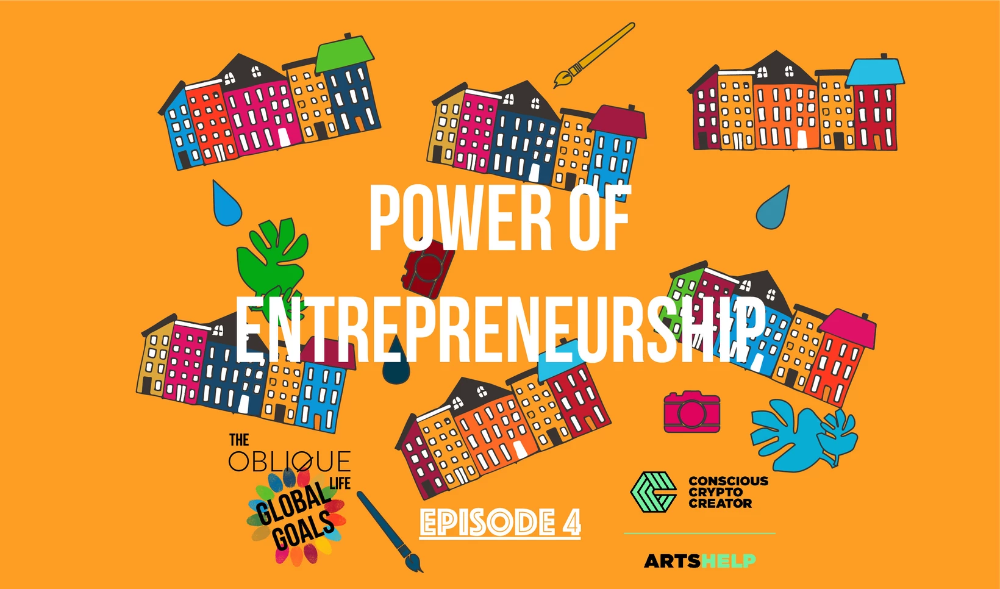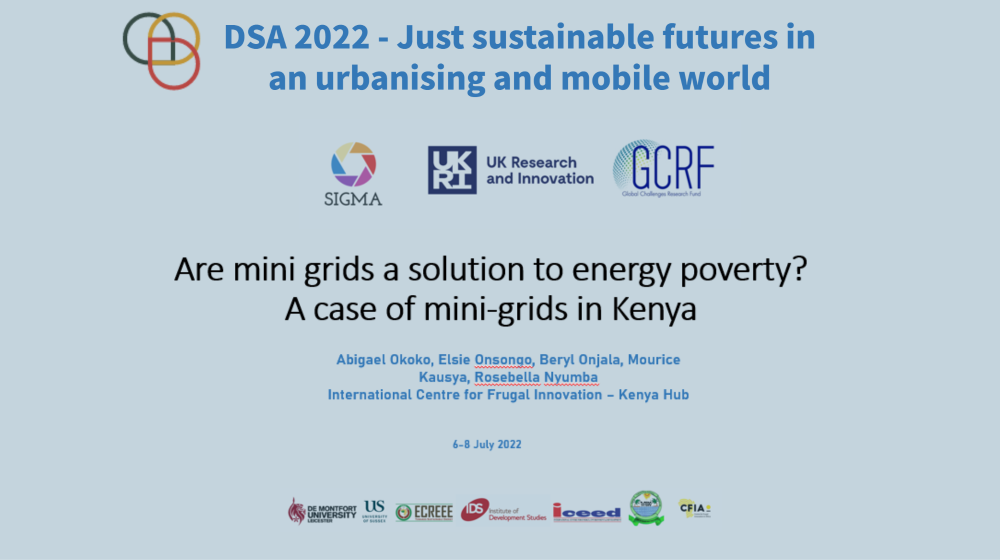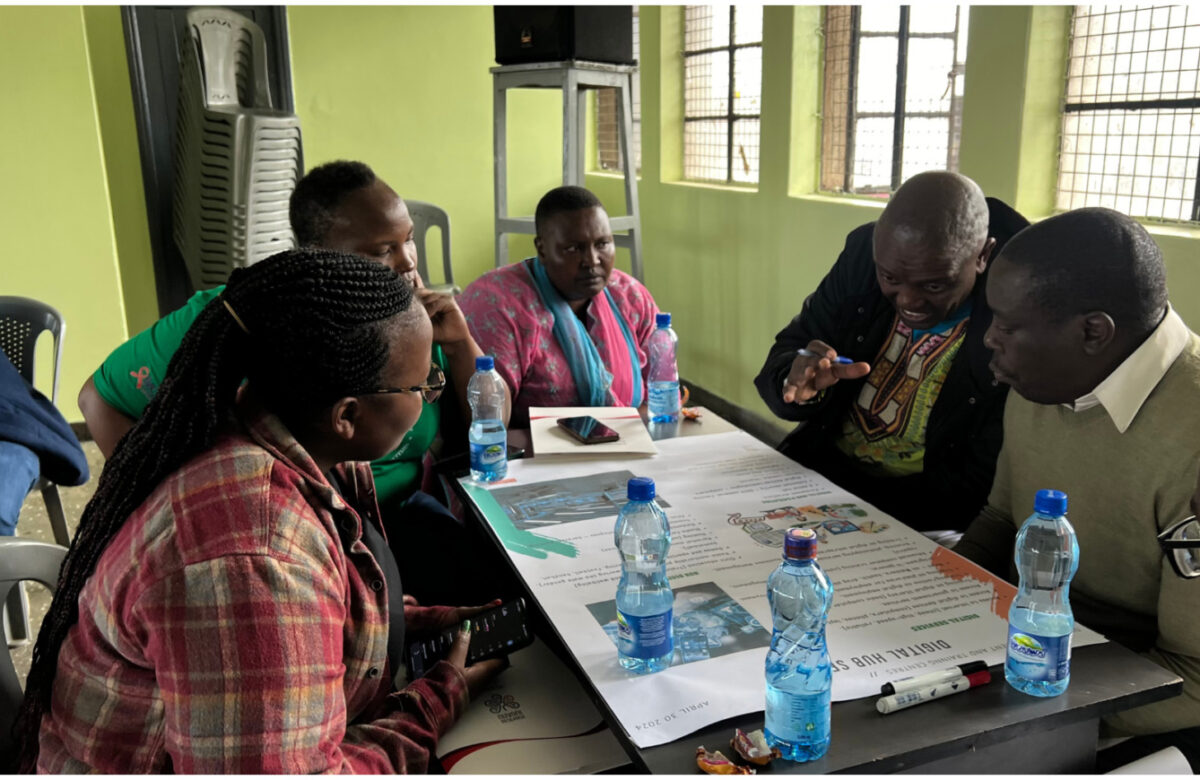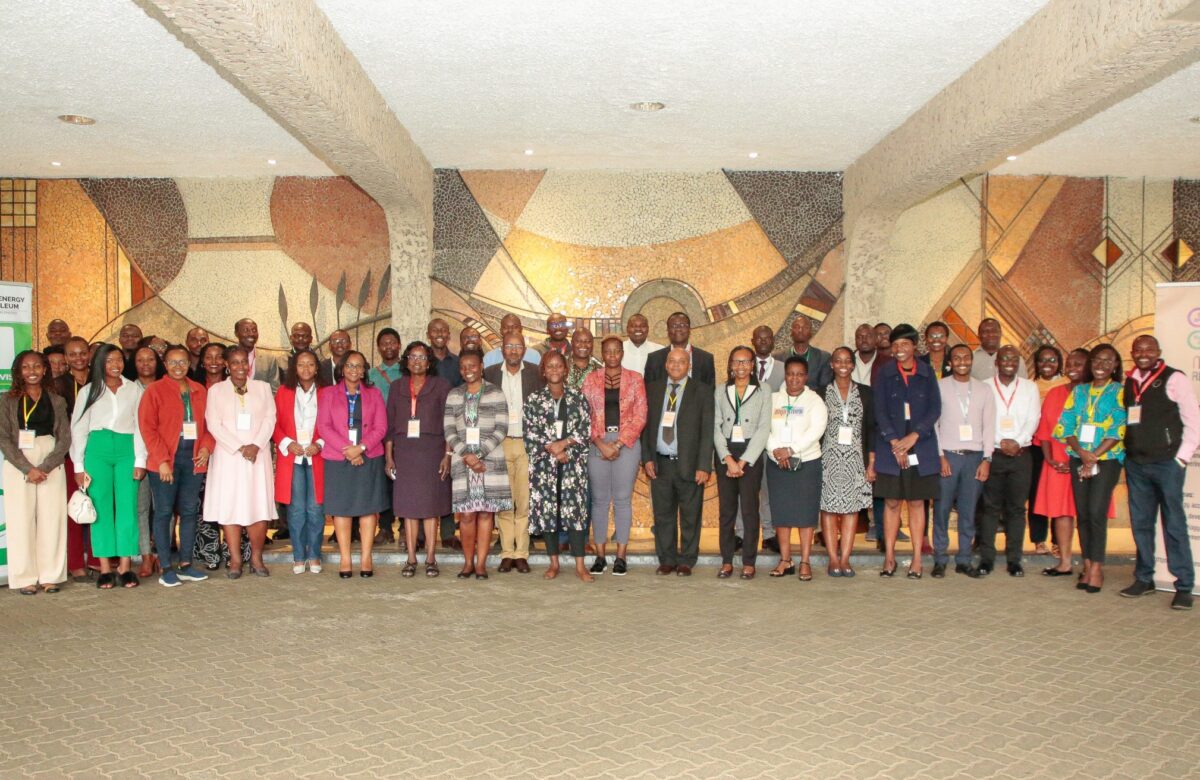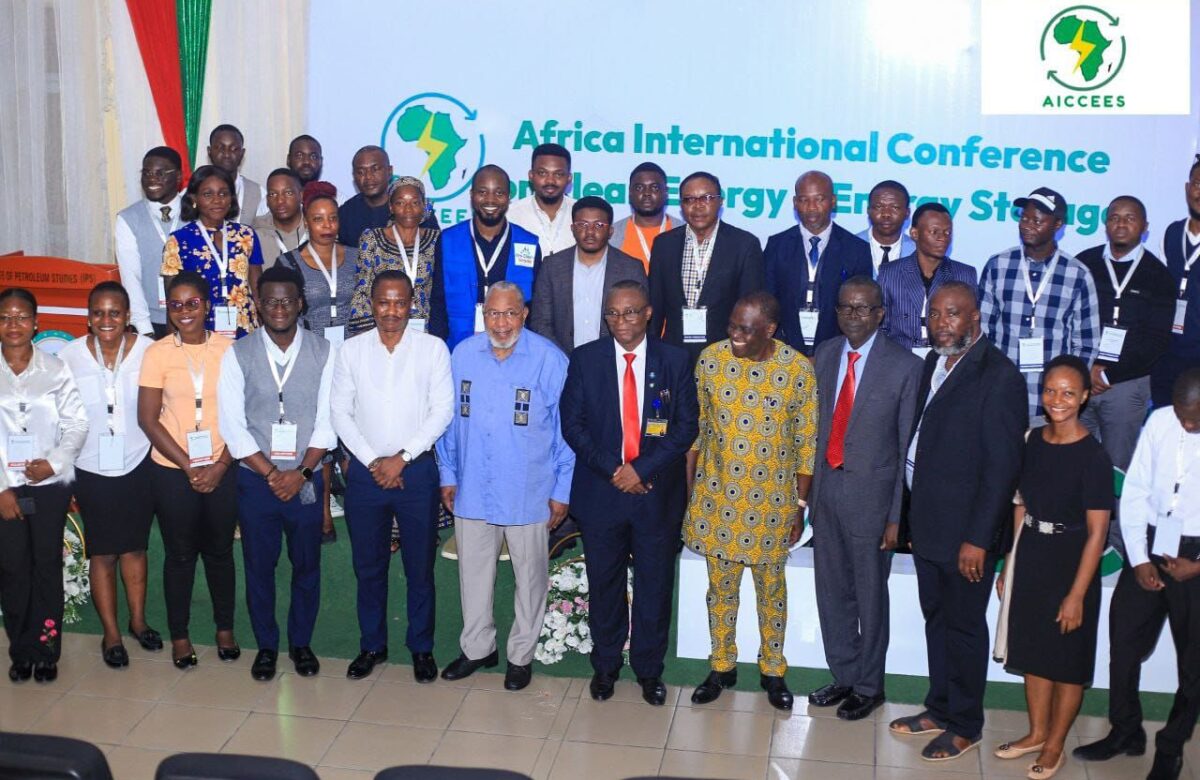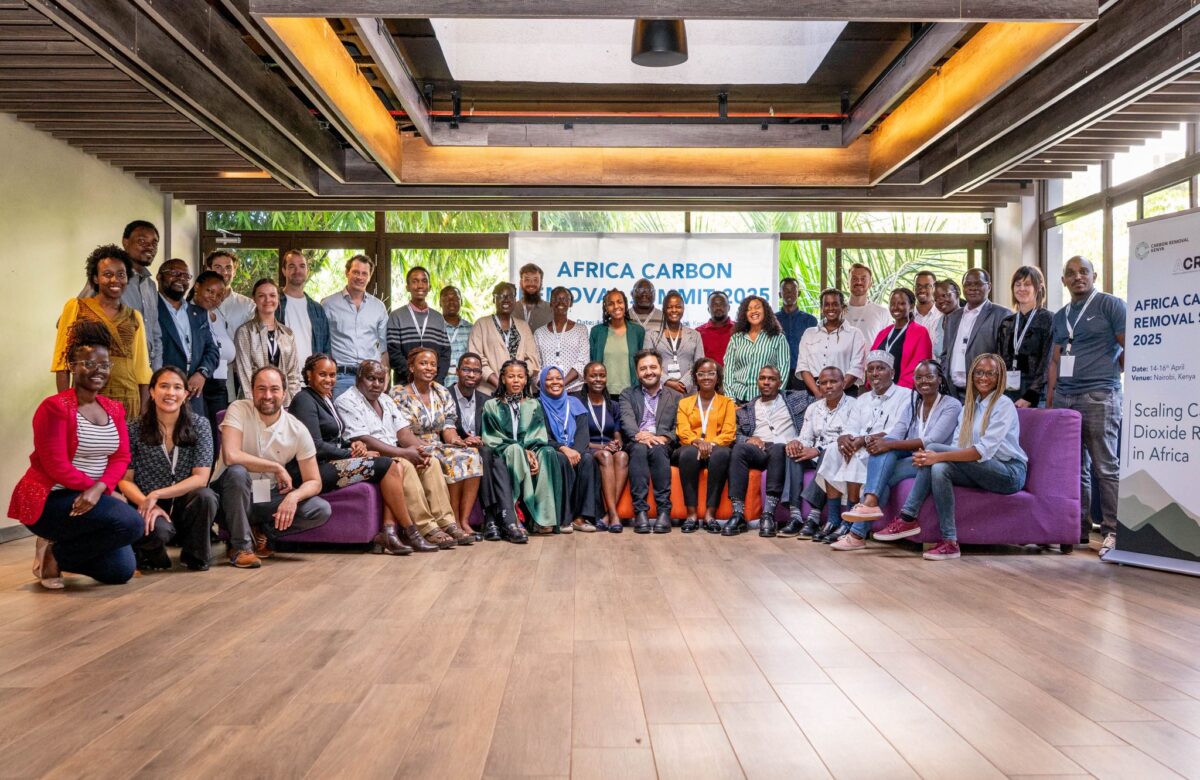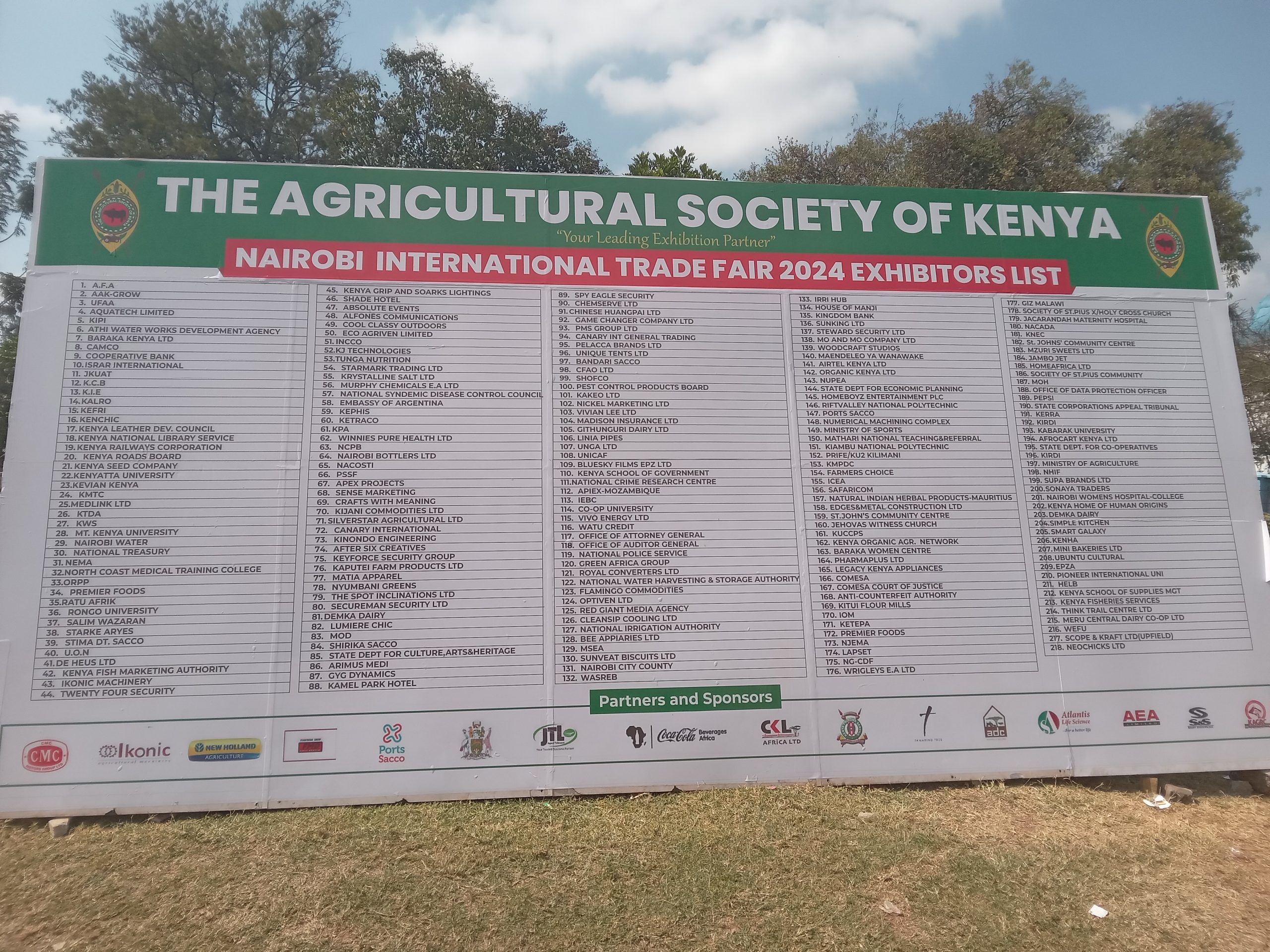
Climate smart innovations in agriculture from the perspective of the institutions and startups
As the world grapples with the growing challenges of climate change, the agriculture sector of which millions of Kenyans livelihoods depend on finds itself at a critical crossroads. Climate change has exacerbated the sector’s vulnerabilities due to the increasing temperatures, changing rainfall patterns and extreme weather events. Kenya’s agricultural sector is especially vulnerable due to its reliance on smallholder farmers, limited mechanization, and overdependence on rainfed crop production.
This year’s Nairobi International Trade Fair, held from September 23rd to 29th, 2024, brought together stakeholders from diverse sectors to explore the theme: “Promoting Climate Smart Agriculture and Trade Initiatives for Sustainable Economic Growth.” Among the highlights are the innovative solutions showcased by institutions and startups working to revolutionize agricultural practices for a more resilient and sustainable future. Nuvoni had a chance to attend the fair and below are some insights on the steps institutions are taking to help farmers cope with climate change impacts.
A recurring theme at this year’s Fair is the importance of collaboration between institutions and startups in driving climate-smart agriculture forward.
The Role of Institutions in Scaling Climate-Smart Agriculture
Established institutions, including universities, research organizations, and government bodies, are playing a pivotal role in scaling climate-smart agriculture (CSA). Through cutting-edge research, policy frameworks, and community outreach, these organizations are actively driving the adoption of climate-smart practices.
Key pathways through which climate-smart practices are manifested include:
Precision Agriculture
Leveraging data analytics, institutions are developing technologies that optimize water use, land use, improve soil health, and reduce the carbon footprint of farming activities.
Resilient Seed Varieties
Climate-resilient seed varieties are being promoted to help farmers mitigate the impacts of unpredictable weather patterns. AFRISEED supported by Green Africa produces maize and legume seeds that are drought and pest resistant that will sustainably address the problems of productivity, nutrition and adaptability to the prevailing weather patterns. Several universities and agricultural bodies have introduced drought-tolerant seeds that can withstand extreme conditions, ensuring food security even during erratic climate cycles.
Adopting climate resilient weather practices
Due to low mechanization, it is important to introduce crop production practices that are easily adaptable by smallholder farmers. Multi-storey farming, hydroponics and Zai pits as shown by Kenyatta University implement simple techniques that reduce water, rainfall retention and soil use, methods that can be adapted to alleviate climate change effects in the sector.
Policy & Knowledge Transfer
The government and institutions are providing critical support by developing policies that enable farmers to adopt climate-smart agriculture (CSA) practices. Their initiatives focus on integrating CSA into national and regional development strategies, ensuring that farmers at all levels are equipped to face the realities of a changing climate.
Supporting/Scaling up local knowledge
Chandaria Business Innovation and Incubation Centre at Kenyatta University acts as an incubation centre for agricultural related innovations. Additionally, they conduct research on adding value to local agricultural products. This is done to improve the farmers’ capacity while diversifying the ecosystem.
Startups and Companies Spearheading Innovation in Agriculture
While institutions provide foundational research and policy frameworks, the private sector is fast-tracking the application of these climate-smart innovations through disruptive technologies and agile solutions. Many of these ventures, most being locally sourced, are harnessing the power of technology to address the specific challenges faced by farmers in the face of climate change.
Highlighted innovations from startups showcasing their work at the trade fair include:
- Organic farming products encouraging circular economy models: Pure plant organics are producers of the soil amender which improves soil health using biochar. The company also makes the use of the black soldier farm and algae as farm feed helping farms achieve greater sustainability.
- Efficiency and Precision: My Smart Farm, one of the startups within the Chandaria Business Innovation and Incubation Centre, encourages urban farming using sensors to monitor for regulation in moisture and nutrients during crop production. On a larger scale, the use of such technologies would largely improve efficiency thus reducing resource waste.
- Sustainable Technologies: Startups are becoming more aware of the scarceness of resources and the need to use them efficiently. The Bee-Care Apiaries International Ltd made the BUSH (Bee-care Universal Sustainable Hive), a hive with a lower absorbing rate in increased temperatures and hangs like the traditional hive.
- Reduced human powered tillage: The Green Africa Group coupled with SCG International are distributors of the Kubota power tiller. The tiller is multipurpose and can be used to till land, pump water and transport goods. The potential target market for the tiller is for smallholder farmers for whom owning a tractor or tilling animals is expensive and inefficient. From a climate saving perspective, the tiller’s largest disadvantage is its use of diesel.
A recurring theme at this year’s Fair is the importance of collaboration between institutions and startups in driving climate-smart agriculture forward. While institutions provide the groundwork for research and policy, startups are crucial for delivering scalable, practical solutions. Partnerships between the two are key to achieving widespread impact. These synergies create a holistic approach, where institutions offer research-backed innovations, and startups bring them to life in real-world farming environments. The Fair’s agricultural focused innovation reflects the low technical and resource strained characteristics of the sector.
The Road Ahead: Envisioning a Climate-Resilient Agricultural Future
As demonstrated at the Nairobi International Trade Fair, climate-smart agriculture holds immense potential for creating sustainable, climate-resilient farming systems. However, realizing this vision requires continued collaboration between institutions, startups, and farmers, along with supportive policies and investments. By fostering innovation, scaling solutions, and integrating climate-smart practices by developing detailed adaptation strategies, Kenya and East Africa can lead the way in transforming agriculture and securing a more sustainable future.
Story by:, Stella Khaoya & Diana Mwau
Related News
Physical Address
No. MK088, Ushindi West Avenue,
Mukuyu Rd (Mukuyu West Wing), Thome 1
Nairobi, Kenya
Organization
Subscribe for newsletter & get news, events and publications updates
Contact Us
Office Tel: (+254) 20 8009928 |
Mobile: (+254) 706 324 467
© 2025 Nuvoni Research

